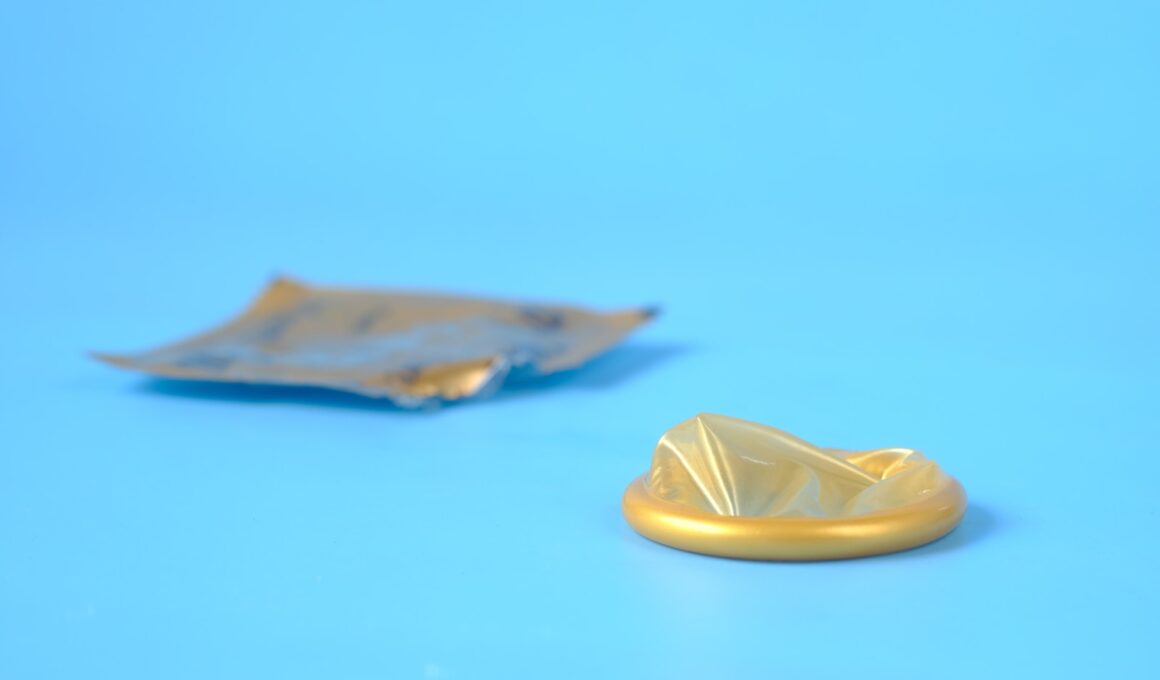Condoms protect against pregnancy and sexually transmitted diseases and blood-borne infections (STBBIs) when used correctly. They are inexpensive, easy to use and 97 percent effective under ideal conditions.
Always check the expiry date before using. Use lubricant only with water-based products, as oil and other creams can decrease the effectiveness of the condom.
Prevention of pregnancy
Condoms, which are available at pharmacies and grocery stores, protect against pregnancy by catching sperm and preventing them from entering the vagina. They also lower your risk of STDs by reducing the transfer of bodily fluids. They are almost 100% effective against gonorrhea, chlamydia and herpes, and significantly reduce your risk of getting HIV (the virus that causes AIDS).
There are many types of condoms, including textured ones such as ribbed or studded, which may boost pleasure for both partners. But remember that if you or your partner has latex allergies, you should avoid these kinds. Also, be sure to use a water-based lubricant. Oil-based products such as lotion or Vaseline can break down condoms, reducing their effectiveness.
When used correctly, male condoms are up to 98% effective and internal “female” condoms are about 79% effective. But no method of birth control is 100% safe, even when used properly. If you are pregnant, you should consider alternative methods of contraception such as the pill, implant, ring or diaphragm. If you are concerned about sexually transmitted infections, talk to your healthcare provider.
Prevention of STIs
The basic function of a condom is to prevent the transmission of bodily fluids, which in turn helps avoid pregnancy and sexually transmitted diseases (STDs). Condoms also work as contraception.
However, not all STIs spread through semen. Some STIs, such as genital warts and herpes, can be spread through skin-to-skin contact alone. For this reason, it’s important to use condoms for vaginal, oral and anal sex as well as for penetrative sex.
Condoms are highly effective for preventing STIs when they’re used correctly and consistently. However, a condom that doesn’t fit correctly or is damaged will be less effective. Oil based lubricants aren’t recommended as they may decrease condom effectiveness.
Many people make the mistake of removing a condom partway through intercourse. In fact, studies have shown that this happens in between 1 and 27% of sexual encounters. For this reason, it’s important that a condom is put on and not taken off until after ejaculation has occurred. Additionally, it’s important to only use water-based lubricants as some creams, baby oil and petroleum jelly can damage condoms and reduce their effectiveness.
Prevention of genital warts
Whether worn over the penis (male condoms) or inserted into the vagina before sex (female condoms), condoms form a barrier that prevents sperm from fertilizing an egg. They can also reduce the spread of genital warts, herpes, and other sexually transmitted infections. They’re easy to get and use, and they don’t have any side effects, unless you’re allergic to rubber.
Research shows that using a condom with every sexual encounter significantly lowers the risk of genital warts and other STIs. It’s important to remember that condoms don’t offer 100 percent protection from STIs, even when used correctly. That’s why other prevention methods are needed, like avoiding sexual risk, getting STI tests regularly, and using the HPV vaccine.
It’s important to note that a condom can break, especially if it comes in contact with an oil-based lubricant or if the person using it is wearing a tight-fitting undergarment or thong. If this happens, it’s a good idea to use emergency contraception, such as the morning-after pill, or a copper intrauterine device (IUD). This will stop conception and protect against STIs until you can see your doctor.
Prevention of herpes
Condoms prevent herpes by creating a physical barrier between partners, preventing the mixing of body fluids that would normally transmit STIs. They also protect against herpes viruses that are transmitted through skin-to-skin contact. However, they do not offer protection against herpes that is spread through oral or anal sex.
The researchers found that people who reported always using condoms were 30 percent less likely to contract genital herpes than those who used them occasionally or not at all. The risk of herpes transmission increased steadily with the number of unprotected sex acts.
Consistent condom use is especially important for herpes, because the virus can be transmitted during symptom-free periods. It’s also important to tell sexual partners about herpes, so they can take steps to avoid infecting each other.
To ensure that condoms are effective, it’s best to always check the expiration date and condition of the device before using it. Also, only use water-based lubricants – oil-based lubes reduce the effectiveness of latex condoms. Also, don’t double up – a condom is only as protective as the part of it that is touching your skin.
Prevention of HPV
Although up to 90% of sexually active people have genital HPV at some point in their lives, consistent condom use significantly reduces the risk of genital HPV infection. It can also protect against STIs and other STBBIs. To be most effective, always put a new condom on before each act of sexual intercourse (including oral and anal) and never reuse a condom. Use a lubricant with a high viscosity, such as a personal lubricant or saliva. Avoid oil-based lubricants, such as petroleum jelly (Vaseline), cooking oils, margarine and hand lotion, which can damage the rubber.
Two longitudinal studies suggest that consistent condom use may help prevent genital HPV infections and cervical cancer. However, the results of these studies should be interpreted with caution. Further research is needed to confirm these findings and understand the full benefits of condom use in preventing genital HPV and associated diseases.





